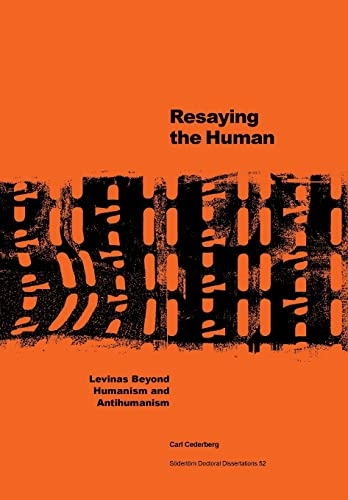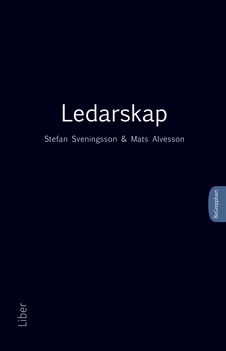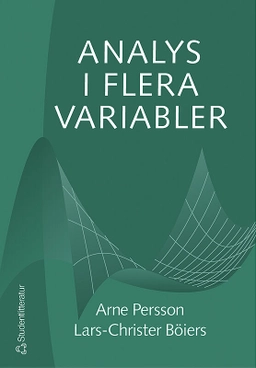

Resaying the human : Levinas beyond humanism and antihumanismUpplaga 1
- Upplaga: 1a upplagan
- Utgiven: 2010
- ISBN: 9789186069216
- Sidor: 254 st
- Förlag: Södertörns högskola
- Format: Häftad
- Språk: Engelska
Om boken
Åtkomstkoder och digitalt tilläggsmaterial garanteras inte med begagnade böcker
Mer om Resaying the human : Levinas beyond humanism and antihumanism (2010)
I december 2010 släpptes boken Resaying the human : Levinas beyond humanism and antihumanism skriven av Carl Cederberg. Det är den 1a upplagan av kursboken. Den är skriven på engelska och består av 254 sidor djupgående information om filosofi och idéhistoria. Förlaget bakom boken är Södertörns högskola.
Köp boken Resaying the human : Levinas beyond humanism and antihumanism på Studentapan och spara pengar.
Tillhör kategorierna
Referera till Resaying the human : Levinas beyond humanism and antihumanism (Upplaga 1)
Harvard
Oxford
APA
Vancouver



















